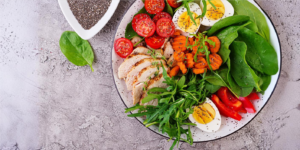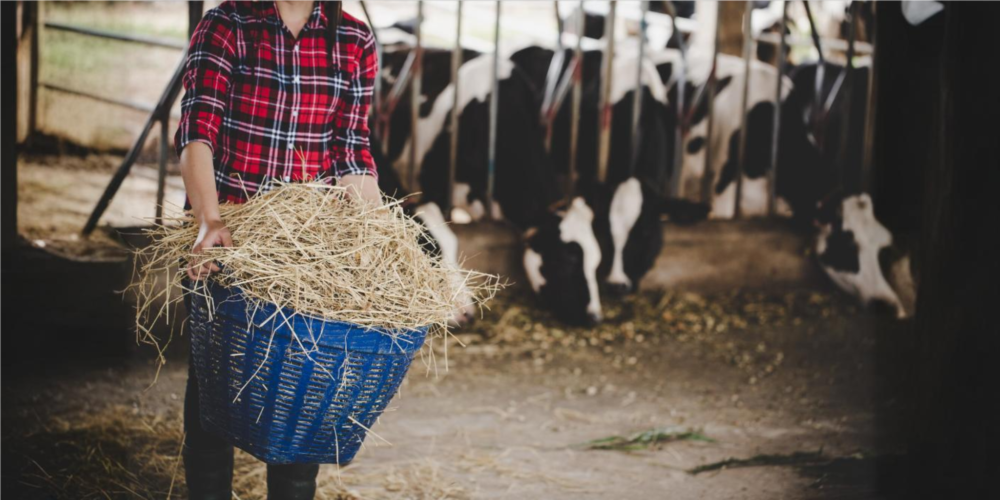EXPLAINER: Is Virat Kohli’s steamed diet better than boiled or cooked?
While steamed food is generally wholesome, avoiding oils in steamed or boiled diets may deprive the body of essential fatty acids that must be sourced from fatty foods
Author
Author
- admin / 1 year

- 0
- 5 min read

Author
More often than not the media is abuzz with fad diets being endorsed by celebrities, such as a paleo diet, Keto diet, Atkins diet and the like. Recently, the former skipper of the Indian cricket team, Virat Kohli was featured in some prominent Indian dailies for advocating a vegetarian diet—to minimize the uric acid content in his body, since consumption of meat contributes to acid content in the stomach. In his past interviews, he has revealed that 90% of his diet comprises boiled and steamed food, emphasizing that this dietary choice has helped him be at the top of his game, even at the age of 36.
“90% of my food is all steamed, boiled. No masala. Only salt, pepper, and lime; that’s how I eat. I am not a big fanatic about the taste of food, I don’t care about the taste. Salads, I enjoy with a bit of dressing. Pan-grilled is good with a bit of olive oil or whatever. No curries; I only eat dal (lentils), but no masala curries. I do, however, eat rajma and lobia (black-eyed pea); as a Punjabi can’t skip them,” he told Star Sports in an interview in April last year.
Earlier in the Instagram Live session in 2020, Kohli said that he had left eating meat just before the England Test series. “In 2018, when we went to South Africa, I had a cervical spine issue while playing a test match. It compressed a nerve that was running straight to the little finger of my right hand. It gave me a tingling sensation and I could barely feel my little finger. I could not sleep at night and it was hurting like mad,” he said.
“Then I got my tests done and my stomach was too acidic and my body was too acidic, creating too much uric acid. Even though I was taking calcium and magnesium, everything but one tablet was not sufficient for my body to function properly. So, my stomach started pulling calcium from my bones and my bones got weaker. That is why I stopped eating meat completely in the middle of England tour to cut down the uric acid and I have never felt better in my life, to be honest,” he added.’
“I felt amazing, it is almost two years now and it is the best decision I have taken… it made me feel why I didn’t do it before,” the star cricketer said further in the session.
Which of the three is better—steaming, boiling, or cooking?
Boiling is likely to leech some nutritional content from foods, such as vegetables. A study on the effects of cooking methods on vitamins such as Vitamin C, Vitamin E, Beta-Carotene, and Vitamin K found that steaming consistently preserved more vitamins in vegetables compared to boiling.

According to an article published in the Journal of Agricultural and Food Chemistry, “many protective compounds are enhanced when vegetables are cooked.” Tomatoes, Broccoli, and carrots have shown improved nutrient value when cooked.
Finally, considering that steaming does not involve the use of oils, consuming steamed or boiled foods could be a way of depriving oneself of essential fatty acids that the body does not manufacture and needs to source from fatty foods. Such deprivation could result in poor skin and neurological health. However, the addition of oils to steamed food, could compensate for the deficit, while still affording the benefits of a steamed diet, and doing away with the drawbacks of cooked foods.
Expert Speak
Rinki Kumari, Chief Dietician at Fortis Hospital in Bangalore explains that the boiled or steamed food is generally wholesome, only that “water-soluble vitamins such as vitamins B and C could be lost during the steaming and boiling of the food.”
“Steaming or boiling of food is a very good method where you can preserve most of the nutrition Either in the form of macro or micro nutrients such as vitamins, minerals, and fibres and all the major nutrients carbohydrates, proteins, and the non-essential fats,” Kumari told First Check. “Boiling or steaming food will help improve the nutritional status of the food. Steaming or boiling, in particular, is beneficial for individuals with health concerns pertaining to the gastrointestinal (G.I.) tract. Further, steaming and boiling destroy the harmful microorganisms, yet retain most of the nutrition.”
When asked if the steamed or boiled food is somewhat nutritionally deficient, Kumari said that “there could be a case for some vitamin deficiency” as vitamins B and C could be lost during the process.
“If the boiled or steamed food being consumed contains carbohydrates, proteins, fats, vitamins, minerals then it is wholesome,” she said.
Also read: FACT CHECK: Can certain food help neutralise the “toxins” in food? – First Check
(Do you have a health-related claim that you would like us to fact-check? Send it to us, and we will fact-check it for you! You can send it on WhatsApp at +91-9311223141, mail us at hello@firstcheck.in, or click here to submit it online)









